ISLAMABAD: Pakistan’s Deputy Prime Minister Ishaq Dar, in his opening address at the 6th Margalla Dialogue on Tuesday, warned of escalating geopolitical instability and the weakening of international institutions.
“In my recent statements on multilateral forums, including the UN Security Council, I have repeatedly warned that humanity is facing unprecedented challenges that threaten to disrupt global peace, security, and development,” Dar told diplomats, policy experts, and academics attending the conference.
This year’s dialogue, organized by the Islamabad Policy Research Institute, focused on the theme “The Future of Global Order: Cooperation or Confrontation.”
Dar described the forum as “timely and essential,” acknowledging the organizers for convening a strategic policy conversation at a critical moment.
He said the erosion of global governance mechanisms had become increasingly visible.
“There is a strong perception, backed by the examples of Palestine and Jammu and Kashmir, that the Security Council is failing to fulfill its primary responsibility to maintain international peace and security,” he said.
Dar reaffirmed that Pakistan would prioritize geoeconomics, regional connectivity, and international partnerships to unlock growth. He urged participants to “explore practical pathways toward a more peaceful and equitable global order.”
Senator Mushahid Hussain said at the conference that the world was “witnessing the birth of a new global order,” arguing that “the old Western-led system is no longer credible.”
He added that recent conflicts had demonstrated that “size no longer equals strength,” referencing geopolitical shifts in South Asia and the Middle East.
Victor Z. Gao, chairman of the Energy Security Institute, reiterated China’s strategic partnership with Pakistan, saying, “China and Pakistan are iron-clad friends,” while noting that “China and the United States should remain ever grateful to Pakistan for bringing them together in 1971.”
Danial Dunde, senior advisor at the Center for Strategic and International Studies, a US-based think-tank, told Pakistan TV Digital that Pakistan and the US were now “the closest they have been in 15 years.” He added that Washington was increasingly viewing Pakistan “not from an Indian or Chinese lens, but from Pakistan’s own image.”
The Gaza crisis featured prominently throughout the dialogue, with several speakers calling it “a genocide unfolding in real time,” warning that global inaction had further eroded the credibility of multilateral institutions.
Sessions on Pakistan’s copper and lithium reserves highlighted these resources as “strategic assets” capable of boosting Pakistan’s economic position in the emerging global market for critical minerals.
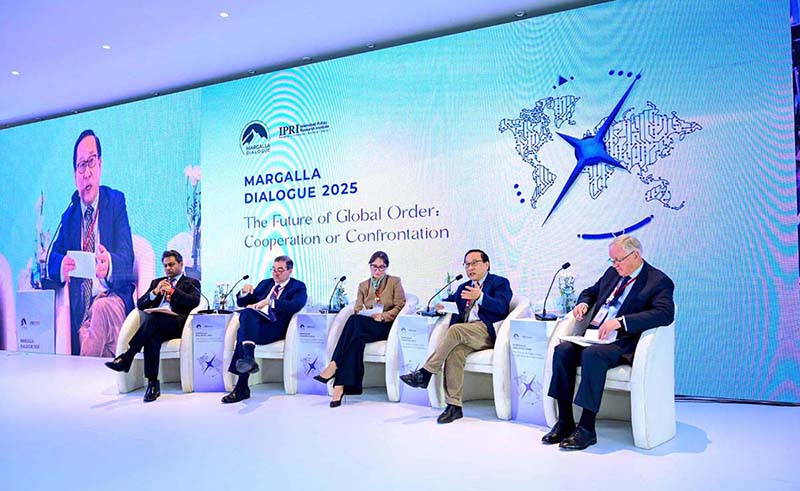
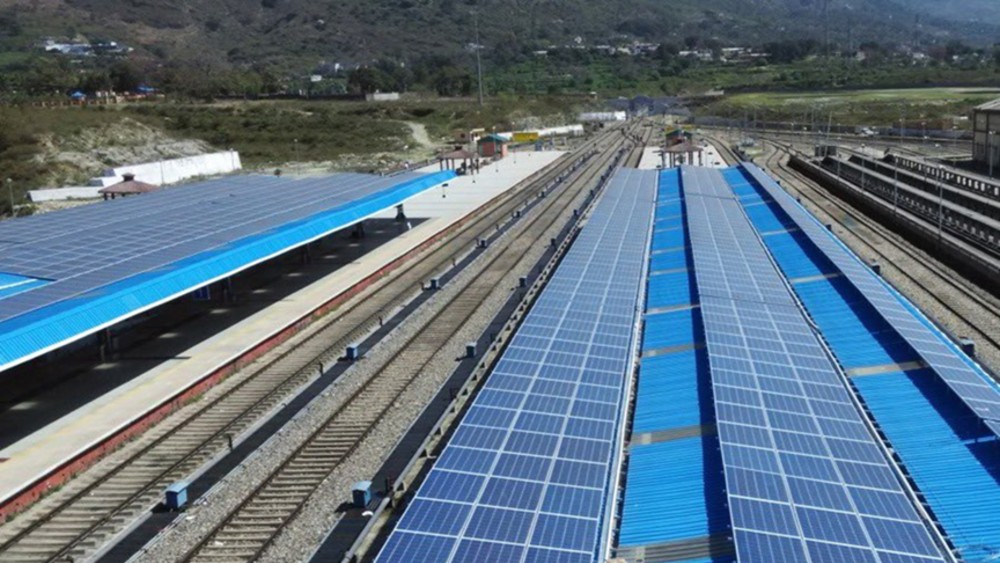
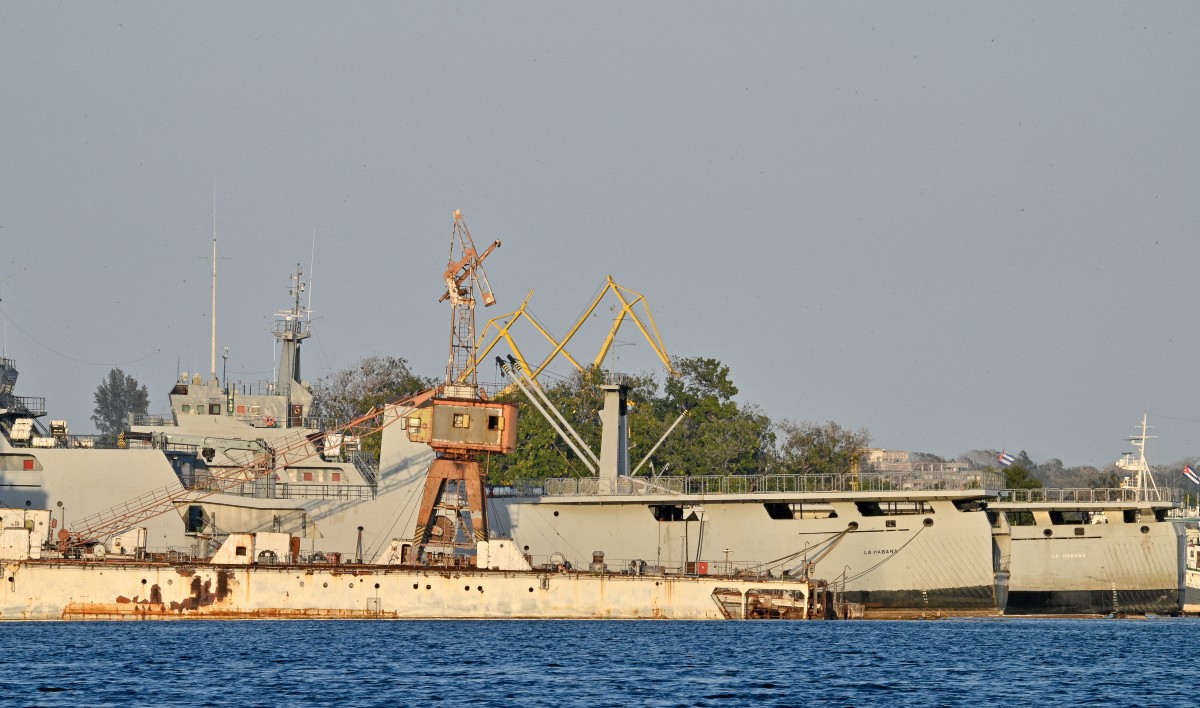
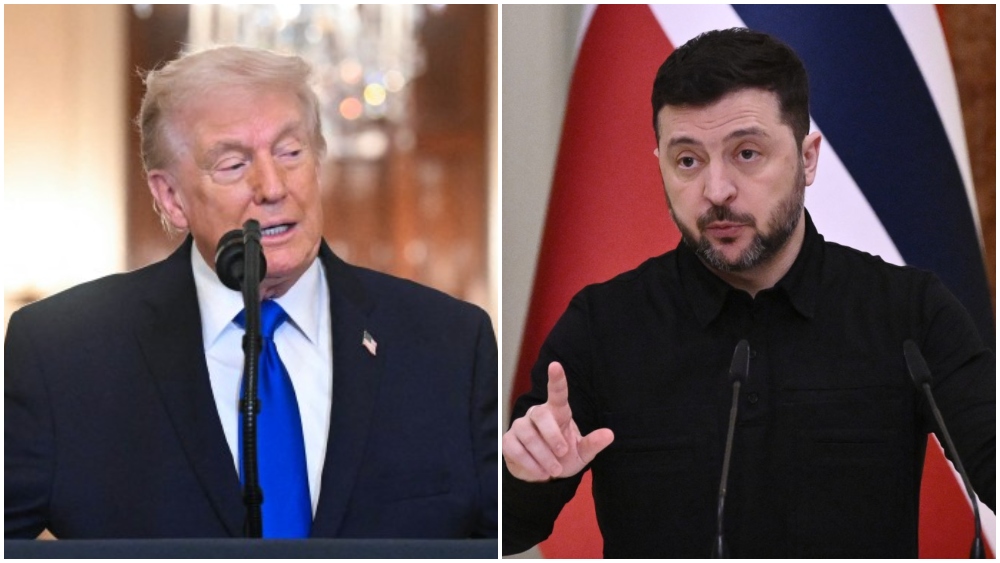
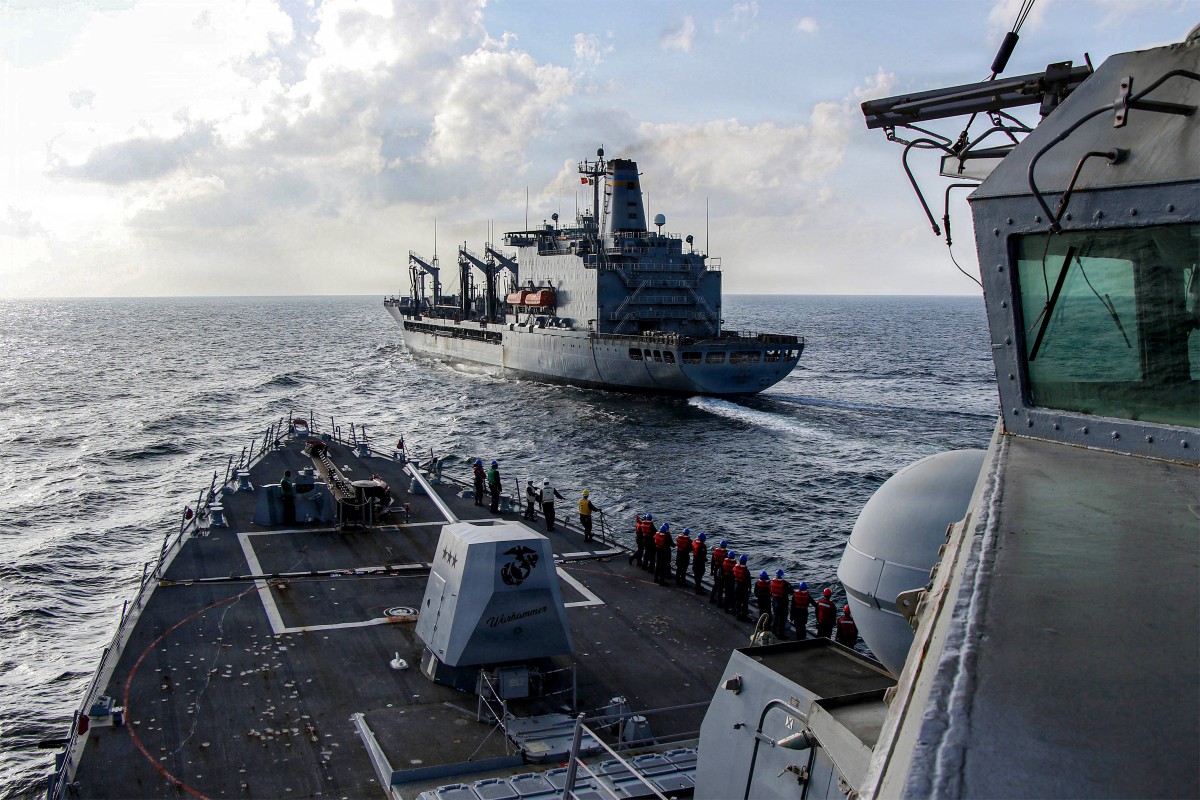
.jpg)
